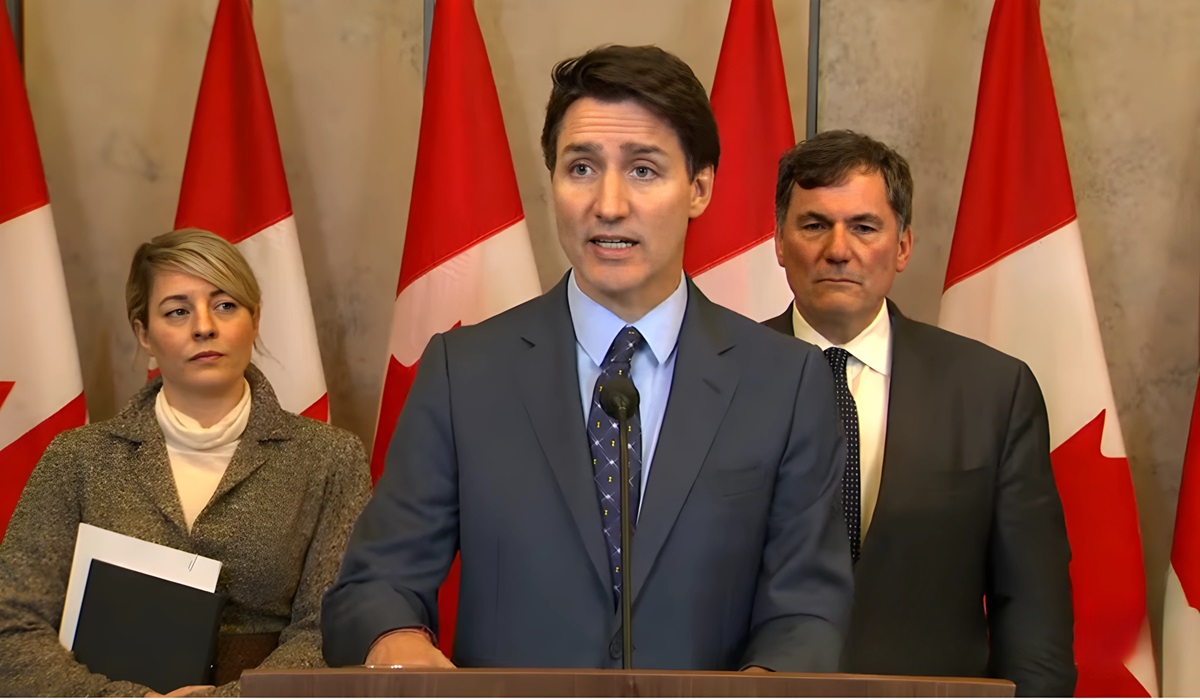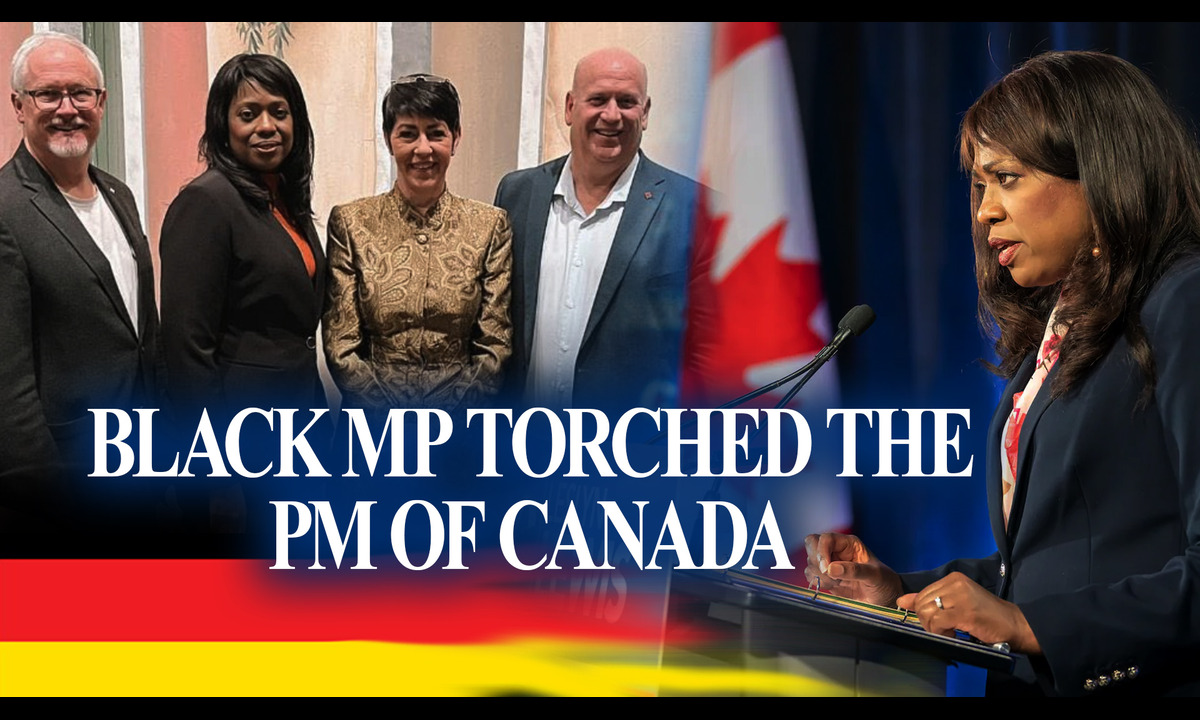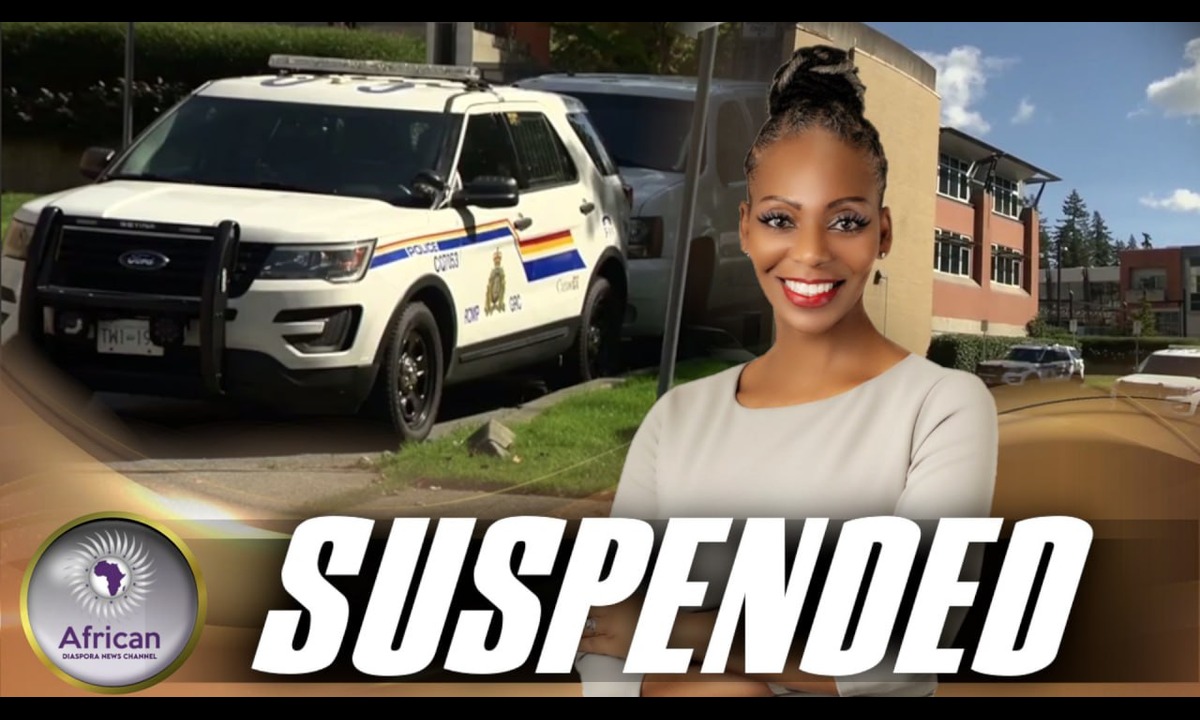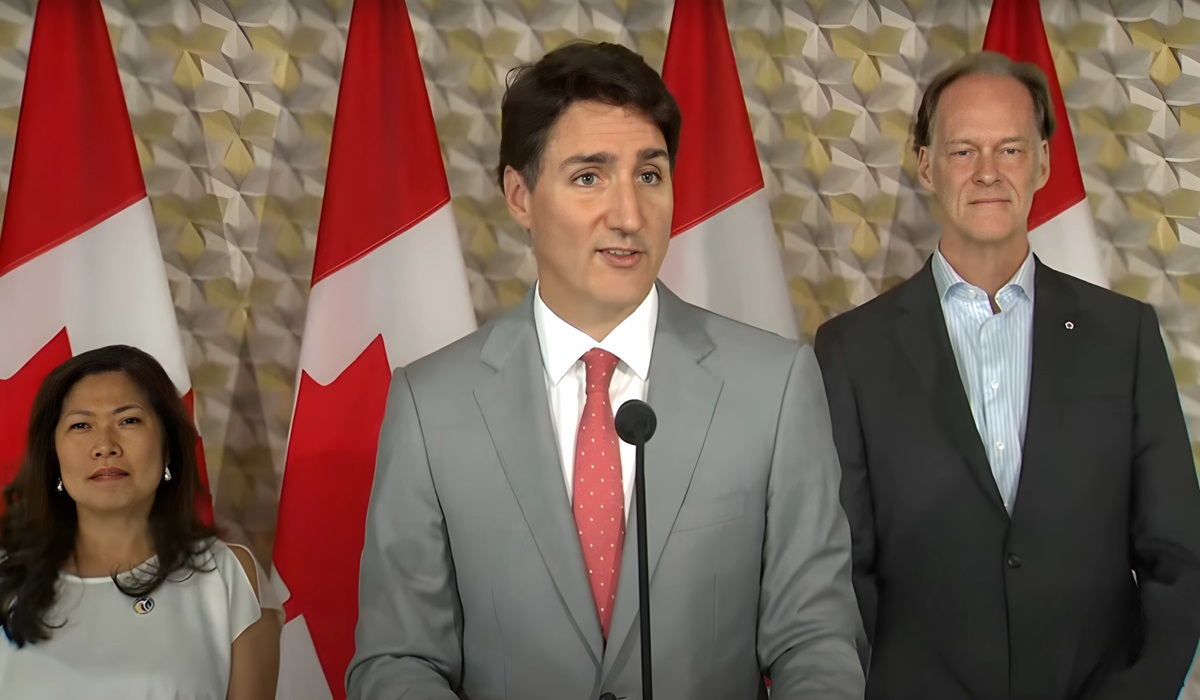Boil Water Advisories on Indigenous Lands: A Persistent Failure and National Disgrace
- TDS News
- Canada
- Indigenous
- May 31, 2024
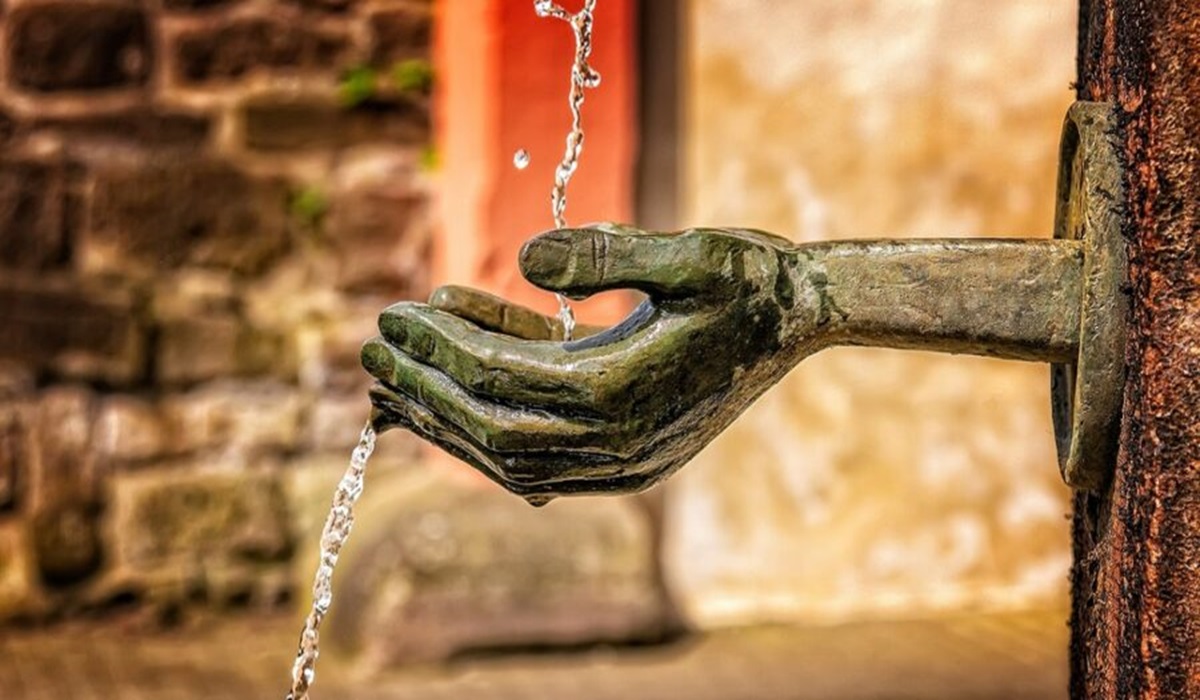
For generations, Indigenous communities throughout Canada have confronted systemic neglect and marginalization. Among the most glaring examples of this disregard is the persistent issue of boil water advisories (BWAs) on numerous First Nations reserves. Despite repeated assurances and significant financial resources available, the Canadian government has consistently fallen short in ensuring that all its citizens enjoy access to this fundamental human right.
Presently, there remain 29 active boil water advisories affecting 27 Indigenous communities across Canada. This ongoing situation serves as a lasting blemish on the Canadian government’s track record, spanning various administrations, including those led by Prime Ministers Trudeau, Harper, Chretien, Martin, and Mulroney. Despite their political differences, each administration has failed to definitively address this pressing issue.
Upon coming to power in 2015, Justin Trudeau’s Liberal government pledged to eliminate all long-term boil water advisories by the end of his first mandate. Despite notable progress, with 144 advisories lifted and infrastructure improvements initiated, this commitment remains unfulfilled. Nearly a decade later, the question lingers: Why do some communities in Canada still lack access to safe water?
This predicament is rooted in a broader pattern of systemic neglect experienced by Indigenous peoples since the arrival of European settlers. While the federal government is bound by numerous treaties to safeguard the well-being of Indigenous communities, historical policies and entrenched systemic biases have perpetuated the challenging conditions faced by many First Nations today.
Previous administrations failed to prioritize essential infrastructure and support for these communities. Budgetary constraints and logistical challenges were often cited as reasons for inaction, yet these excuses appear hollow when contrasted with the government’s ability to swiftly mobilize resources for other priorities.
The Canadian government possesses significant financial resources, top-tier expertise, and cutting-edge technology, making the continued existence of boil water advisories on Indigenous lands indefensible. Its capacity to respond rapidly to emergencies, such as the COVID-19 pandemic, underscores its ability to act decisively when prioritizing an issue.
During the pandemic, the government swiftly distributed financial aid to millions of Canadians, demonstrating the feasibility of rapid, large-scale mobilization. Moreover, Canada has allocated tens of billions of dollars in aid to foreign countries and military endeavours, highlighting that budgetary constraints are often a matter of political will rather than actual fiscal limitations.
If the Trudeau Administration could find funds for projects like the ArriveCAN app, which incurred significant costs, it undoubtedly has the means to ensure all citizens have access to clean drinking water. This raises the crucial question: Why aren’t Indigenous communities afforded the same priority?
While the government espouses reconciliation, its historical and ongoing marginalization of Indigenous peoples tells a different story. Genuine progress necessitates concrete actions that dismantle systemic inequalities and bridge the divide between rhetoric and reality, moving beyond mere apologies and symbolic gestures.
Deputy Prime Minister and Finance Minister Chrystia Freeland, along with the entire federal government, must be held accountable for this ongoing crisis. If the government genuinely prioritizes the health and well-being of Indigenous communities, it can resolve this issue in 2024 by committing to allocate the necessary funds and resources immediately, rather than delaying action under the guise of budget constraints.
This issue transcends mere public health concerns; it is a matter of justice and equity. The persistence of these advisories communicates to Indigenous communities that they are not equally valued within Canadian society, perpetuating a legacy of colonialism and systemic discrimination that demands urgent redress.
Canada’s pledges of reconciliation have yet to materialize in the form of safe drinking water for many Indigenous communities. This sanitation crisis starkly illustrates the disjunction between government promises and actions. Genuine progress necessitates prioritizing Indigenous water security with the same urgency and resources as other national priorities, moving beyond temporary fixes to build resilient infrastructure for the future.
The enduring presence of unsafe water on Indigenous lands constitutes a national disgrace, emblematic of a broader governance failure across successive administrations. While some strides have been made, the persistence of this issue is unjustifiable.
The Canadian government possesses the resources and capabilities to address this issue promptly. What is lacking is the political will to prioritize the health and well-being of Indigenous communities at the same level as all other Canadians. Ending boil water advisories must be viewed as an essential aspect of reconciliation and justice.
Indigenous peoples in Canada deserve more than empty assurances; they merit tangible actions that affirm their rights, dignity, and equality. The time for excuses has passed. It is incumbent upon the Canadian government to fulfill its obligations and ensure that all citizens have access to clean, safe drinking water—a fundamental human right.
Consider the scenario: if Ottawa, Toronto, Montreal, Vancouver, or Winnipeg were under a boil water advisory for over a decade or a century, how swiftly do you think the federal government would act to rectify the situation? The answer is clear: immediately. Just envision the substantial resources the federal government would mobilize to address such a crisis in a major city.

